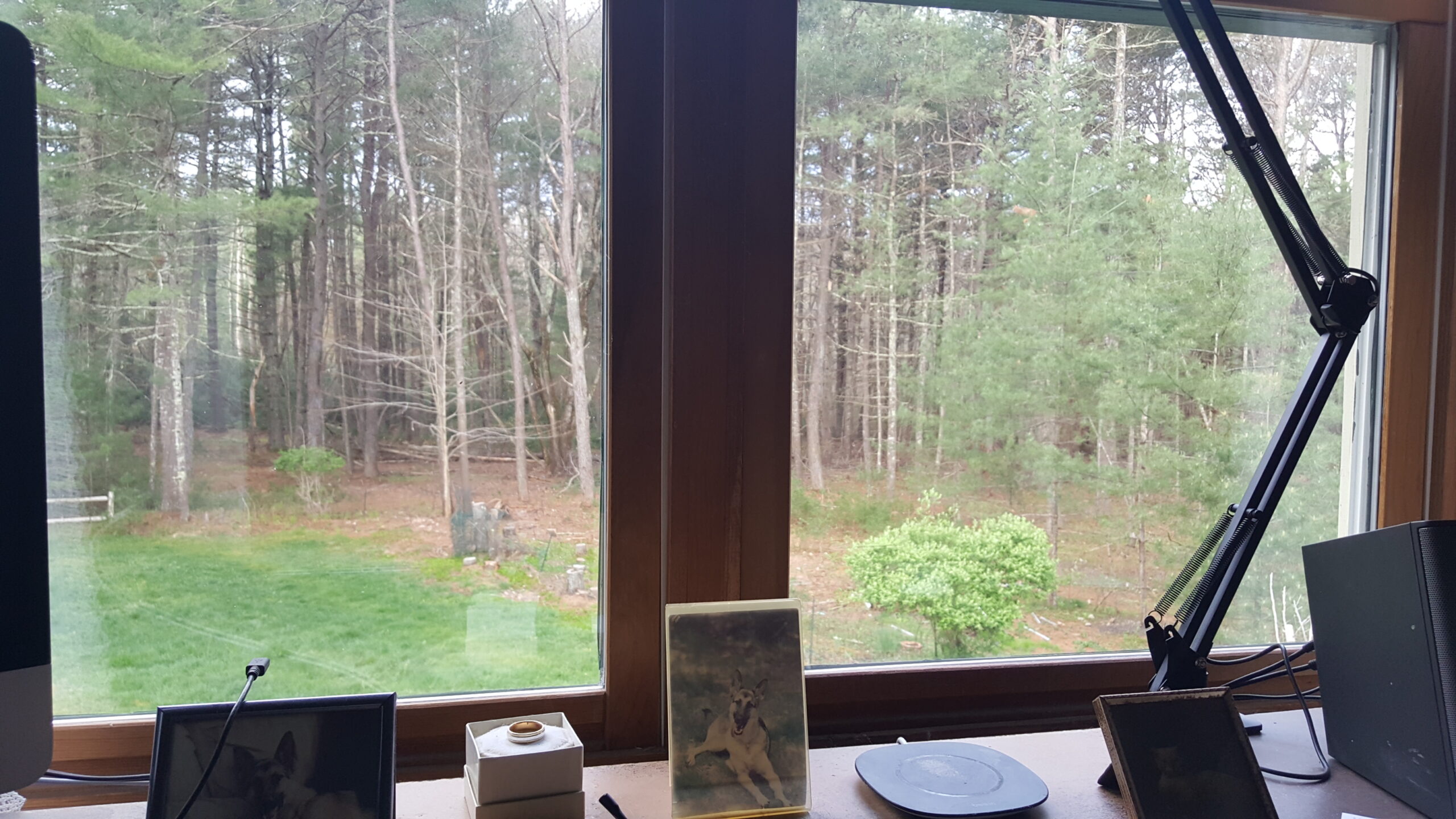Welcome to the Wakefield Doctrine (the theory of clarks, scotts and rogers)
We did mention that the Wakefield Doctrine is a tool for self-improving oneself, did we not?
Sure we did.
At the risk of leaving ourselfs open to the totally wonderful, (wish we’d thought of it), observation, “If the only tool you have is a hammer, it is tempting to treat everything as if it were a nail.” (Maslow sorta) we will remind New Readers: the Wakefield Doctrine is an additional perspective on the world around us and the people who make it up.
Enough with the ‘…for now, refer to the syllabus you were given at the start of the class’.
The word ‘perspective’ is also a clue to the (intended) use of the principles of the Doctrine for change and development. The Wakefield Doctrine is predicated on the notion that …
oh dip!* I’ve missed the early morning train to Insightsville! damn**
Be sure to check back tomorrow, we promise to offer useful information and practical applications of this most wonderful of personality ‘theories’.
Note: New Readers? If your first thought is:
“What the hell! I paid tuition. Well, I paid with my time, clicking here… ya know?!!? Though I gotta say the preliminaries are, no offense, pretty obvious. In fact, based on the most fundamental descriptions of the three personality types and the role of how a person relates themselves to the world around them (yeah, pretty clever, inserting that ‘themselves’ in to the more common, ‘how we relate to the world’ adds an entirely personal dimension to the equation) and a couple of other things like ‘personal reality’ and that initially way-weird ‘Everything Rule’ (in the last installment we actually heard Cameron (a total clark) on the wonderful internet video series BlackTail Studio state the Everything Rule, nearly word-for-word). I’ll just go ahead and do some self-study.”
Welcome to the Wakefield Doctrine. You got this.
the Wakefield Doctrine: ‘you’re already practicing the core Principles, you might as well get something for all your efforts’ (…yeah, even some fun!)
March 25, 2013Welcome to the Wakefield Doctrine (the theory of clarks, scotts and rogers)
The reason we say, you’re already practicing the Principles is that, as a personality theory, the Wakefield Doctrine does not start with a person answering questions, filling out a survey or questionnaire, reporting likes and dislikes, lying about weaknesses and strengths, exaggerating the things others like and hate about us. No. In a funny, you-guys-really-are-weird kind of way the Wakefield Doctrine doesn’t really care what the individual thinks their personality (type) should or could or might be. Nope. This here personality theory here does not need to know that.
…as a matter of fact! You don’t even need to involve the person that you are about to know (better, in a way) than they know themselves. You see, the Wakefield Doctrine is for you, not for them.But I’m getting ahead of us. We’ll come back to this ‘you mean I can know my boyfriend’s, my Teacher’s, my wife’s, my boss’s, my kid’s personality types and I don’t need to ask them to help?’ in just about a paragraph. First, the Principles that the Title of today’s Post says you are already practicing.
The Wakefield Doctrine is all about how a person relates themselves to the world around them. Notice the odd wording, I did not say, ‘how a person relates to the world‘. Because that’s only one dimension, in a sense a description of what happens as the person goes about their life. We say, ‘how the person relates themselves to the world around them’ because it is not simply a choice (about how to act, what to do, how to feel about it), it is reality. What we refer to as a worldview.
In the context of the Wakefield Doctrine, we all live in a personal reality, aka our worldview. This means that my reality is different from yours. No, nothing weird… no screaming vegetables, nothing shooting across the sky, no flying without the help of technology, but different nonetheless. And it is the way our worldviews differ that we find the value and utility in our personality theory.The Wakefield Doctrine maintains that we are all born with the potential to experience the world from one of three ‘perspectives’, living in one of three worldviews, if you will. And what most people call ‘personality types’, we know as the appropriate behavior, given the world that a person finds themselves experiencing. (Remember! personal reality as in ‘real’ and ‘reality’ not “just ’cause you felt like it, or I think I will choose to act like this, she deserves it….”) The three characteristic worldviews are:
- the reality of the Outsider (clarks) not ‘because’, not ‘well, you should speak up more’, and definitely not ‘well if you didn’t act so weird, people would get to know you and you would have an easier time in life’ this reality is simply one in which you are here and ‘the world’ is out there. (For our clarklike Readers this last statement is sufficient, the rogers and the scotts might nod and look understanding, but will never get it)
- the world of the Predator (scotts) of the three personality types, scotts can be the easiet to deal with- they are energetic and active, enthusiastic and mercurial helpful and very dangerous… the saying here is: clarks think, scotts act and rogers feel’. scotts are the life of the party and the reason the police get called, scotts are your best friend until someone who they look up to shows up and then your life will be miserable , scotts are the neighbor who will lend you anything in his garage and help build your deck without asking and she is the neighbor with the well-behaved kids (at least they are when she is around, when she is not….ayiieee!), scottsare fun and tiring, loyal and seductive you have at least one scottian friend
- the world as seen by a member of the Herd (rogers) are the reason we have civilization and they are the reason we have repressive societies. they are the personality type that lives in a world of emotion… not just moods and feelings, but where clarks think things and scotts act out, rogers manipulate emotion, in themselves and in the people around them. Ever encounter someone who makes you feel comfortable talking? ...roger know anyone at work who is always in the center of things and knows all about everyone?… roger ever find your husband/wife…boyfriend/girlfriend acting like they had no idea that you had a life outside the relationship? lol roger there is a saying around here: without rogers humanity would still be out on the savannah with the scotts roaming in packs, feeding on the giant herds of rogers while the clarks dart among the low underbrush in a desperate attempt to stay alive long enough to invent opposable thumbs
These three worldviews are the ‘core principles’ of the Doctrine that you are already practicing.
Back to the Practical Value….and how you don’t need to involve the ‘other person’ and how this Wakefield Doctrine is for you, not for them.
Today. Observe the people in your life. Infer which of the three worldviews they appear to be acting from, test this against the descriptions of each of the three personality types that you will find throughout this blog. Once you know which the other person is, you will know why they are doing the things that they are and because you know this, you will have the choice of how you would respond, how you feel about what they do, how to shape the message if you need to get them to do what you want. In other words, you will have more freedom of choice than they do.
* one of the best ‘tv shows’ available on the internets, ‘Good Place’ we totally recommend it.
** yeah, here… all too often
#wakefielddoctrine, #theoryofclarks,scotts,and,rogers









